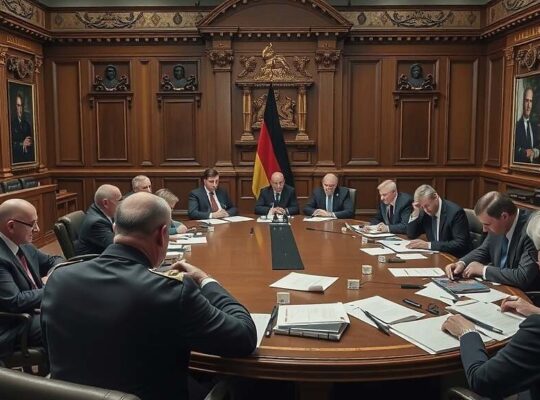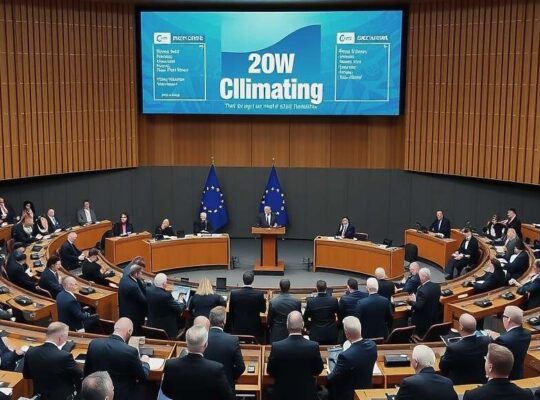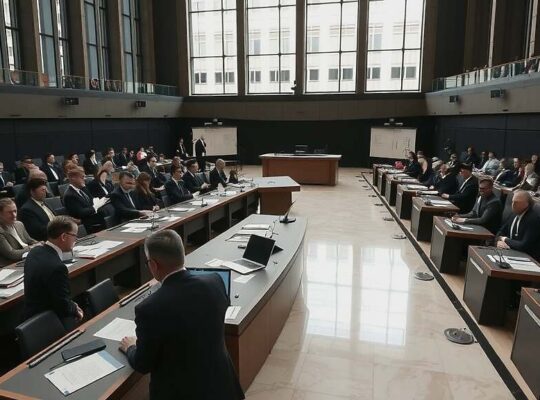Italy’s highest court has authorized the extradition of a key suspect believed to be a central figure in the devastating attacks on the Nord Stream pipelines to Germany, a decision that reignites scrutiny over the ongoing investigation and raises complex geopolitical questions. The ruling, delivered Wednesday, concludes a protracted legal battle complicated by initial procedural concerns which had previously stalled the extradition process.
The suspect, arrested in Rimini on August 21st under a European Arrest Warrant, faces charges of jointly causing an explosion, unconstitutional sabotage and destruction of property – allegations that, if proven, carry substantial penalties. German prosecutors allege he was part of a group responsible for placing explosives on the Nord Stream 1 and 2 pipelines near the Danish island of Bornholm in September 2022.
According to the federal prosecutors, the group utilized a sailing yacht, allegedly chartered from Rostock, Germany using falsified identification documents obtained through intermediaries, to transport the explosives. The detonation of these explosives on September 26, 2022, caused significant and irreparable damage to both pipelines, effectively halting gas flows to Europe and triggering a period of heightened energy insecurity.
The extradition’s approval draws renewed attention to the opaque nature of the investigation itself, which has been plagued by leaks and conflicting narratives. While Germany has publicly stated its commitment to identifying those responsible, the lack of transparency around investigative leads and the absence of conclusive evidence tying the attacks definitively to any nation-state have fueled speculation and mistrust.
Critics contend that the German prosecution’s case, while serious, lacks the depth required to definitively link the suspect to a wider conspiracy or expose the ultimate orchestrators of the attacks. Furthermore, the emphasis on identifying individual operatives risks overshadowing the critical need to understand the intelligence failures that allowed the sabotage to occur.
The extradition, while a legal procedural step, will likely be viewed as politically charged, potentially amplifying pressure on both Germany and Denmark to further cooperate and accelerate the pace of the full investigation, particularly as Europe continues to grapple with the long-term repercussions of the Nord Stream attacks and seeks to secure its energy infrastructure. The arrest and extradition serve as a reminder of the fragility of international relations and the potential for covert acts of sabotage to destabilize the global order.












